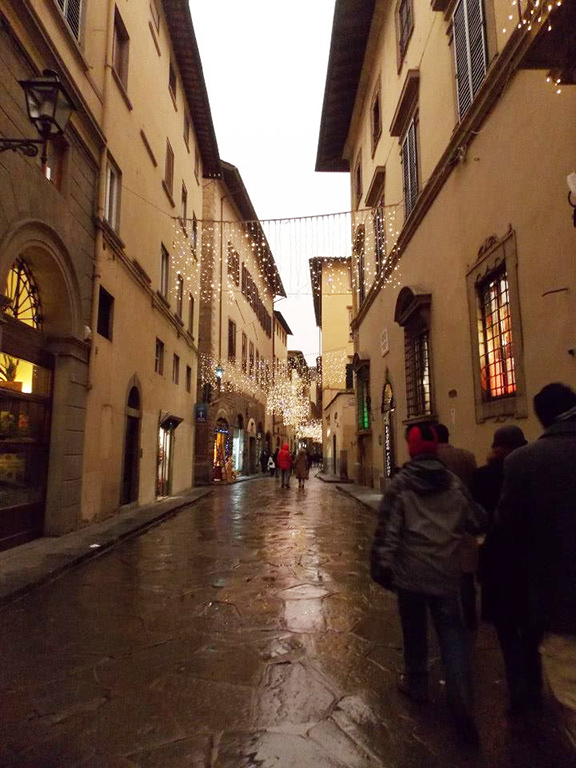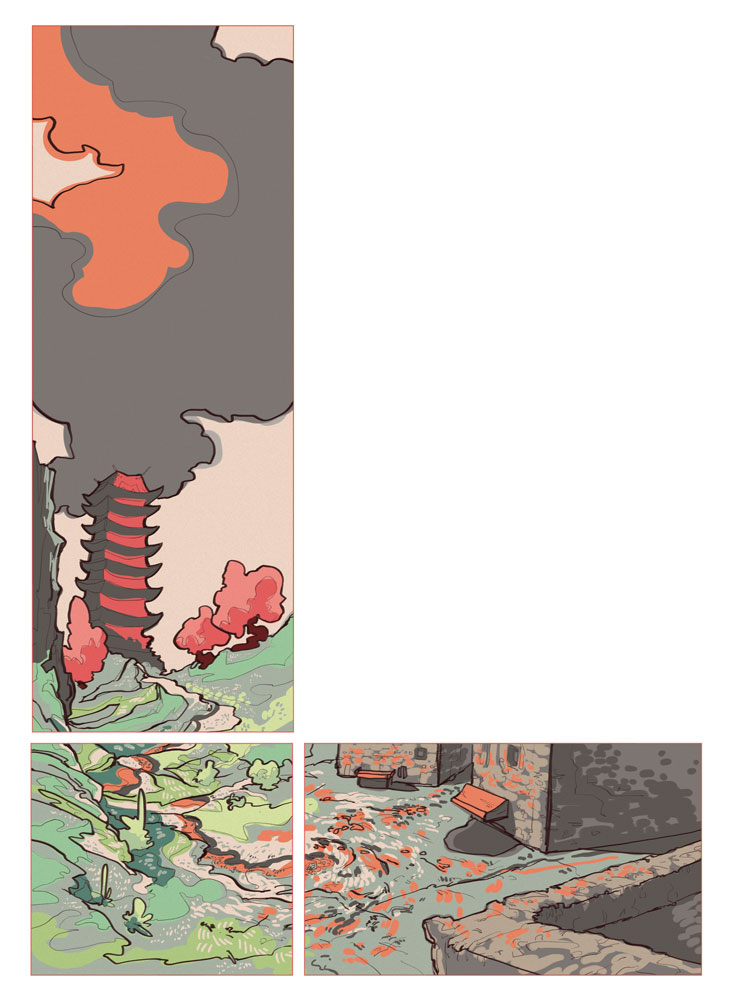It is a particular type of human personality that demands conformity with their own ideals in even the most mundane aspects of life, and punishes with the apparatus of the state those who dare to live differently from themselves.
If those who would control you can control the small acts of independence with which we adorn our lives and differentiate ourselves from others, the small acts by which we affirm our world views and literally live out our truth, they have no need to boast of their control of the big things. They have already won.
Whoever “they” may be, Waverley West councillor Janice Lukes is happy to be on the winning team.
Lukes is of the opinion that some tough love — tough to the tune of $250 — will help homeowners “take a little more pride in the properties they own and maintain them.”
Or, less euphemistically, if your grass is longer than six inches the City of Winnipeg will add the fine to your property taxes.
The mown lawn is a bastard landscape, unsustainable and, in this climate, unnatural. Manor houses in England (where the climate is both wetter and milder) had vast grass lawns, which were “mown” by flocks of sheep and cows. In England, on large farming estates, a lawn is the logical result of a particular type of land use. When the English came to North America — well, I’m sure you know where this is going.
The settler fixation on the mown front lawn might be a quaint cultural trait, were it not so aggressively enforced. It is one thing to mow your own lawn — that is personal preference. But to demand that everyone else mow theirs the same? Even if they think that long grass is more attractive? Even if, for cultural reasons, they do not see any need to do so?
This is not about “neighbourhood liveability.” If it was, Lukes would be trumpeting fines and enforcement for homeowners who cut down healthy, decades-old trees at a time when the city faces losing 40 per cent of its tree cover in the next 10 years. But there are no such fees.
Trees provide a host of benefits, including filtering pollutants from the air, lowering temperatures during the summer and providing shade: they make neighbourhoods more liveable. What do lawns do, other than make physical an inner monotony and sterility which festers in the suburbs?
Unmown grass (think naturalized areas) offers habitat for beneficial insects, maintains soil moisture and generally contributes to the ecological health of our city. It is also more resistant than mown lawns to drought.
Ornamental grasses are grown for their seed heads, but the standard lawn will have offending seed heads dancing in the breeze if left alone. The increased space taken up by unmown plants slows down the flow of water across the ground, and captures more water when it rains to lessen soil erosion.
There are many reasons to allow grass to grow long, but, more to the point, there is no reason for the city to punish those who allow it.
This is about one segment of the population — the dominant segment — using the law to reinforce its dominance. Aesthetic justifications are being deployed to justify the ethical position taken by Lukes and others like her, namely that only a particular kind of neighbour, living a particular lifestyle, as expressed by a particular length of grass, is desirable.
Weeds are not a particular kind of plant, but a general descriptor humans apply to plants they do not like.
When someone uses the growth of plants they do not care for to justify punishing you for doing something different from them, they are a particular kind of person. They are the kind who seeks dominion over other lifeforms not to nurse them but, as with grass, to constantly cut and maim to reassure themselves of their own power.






